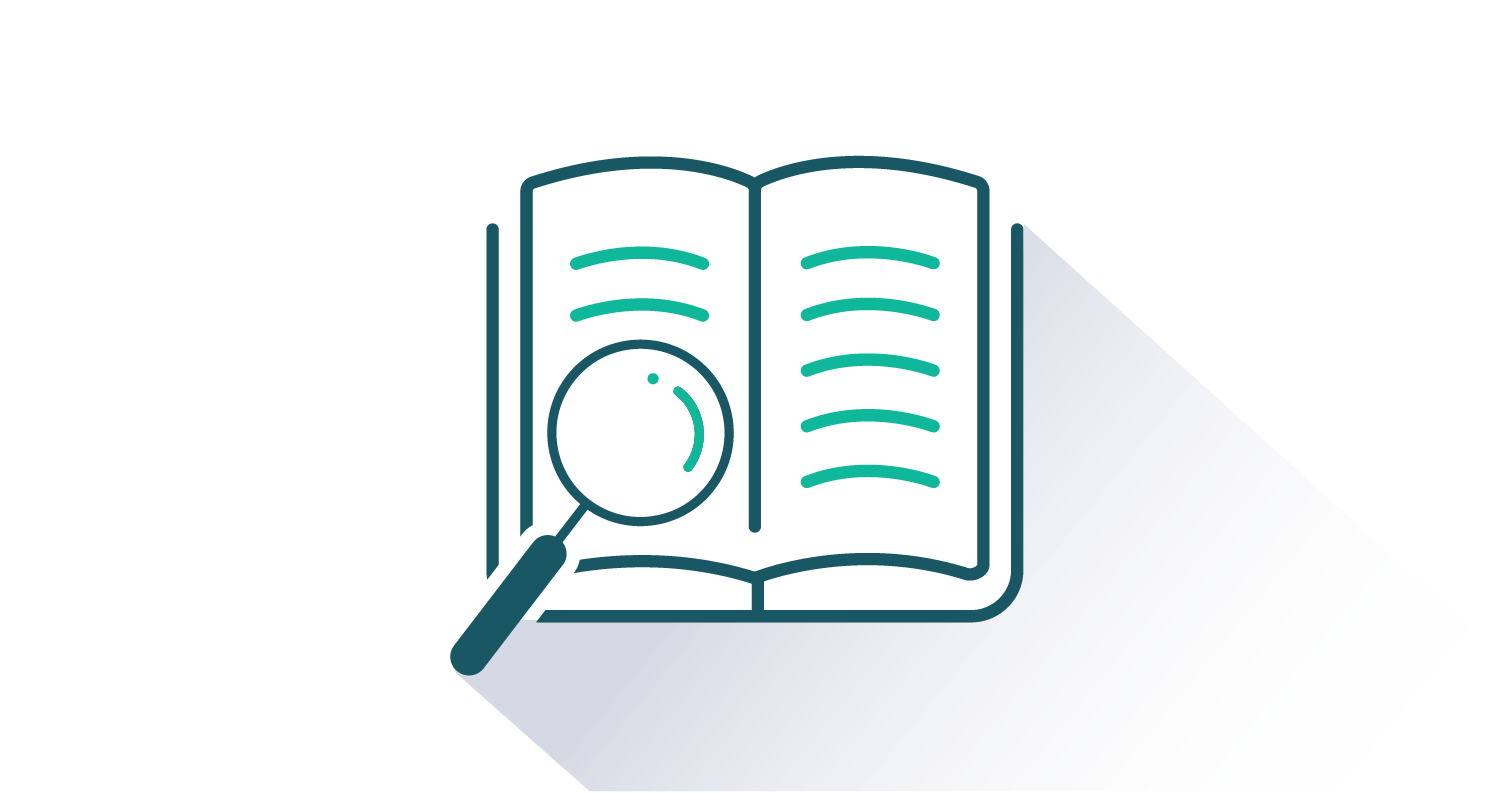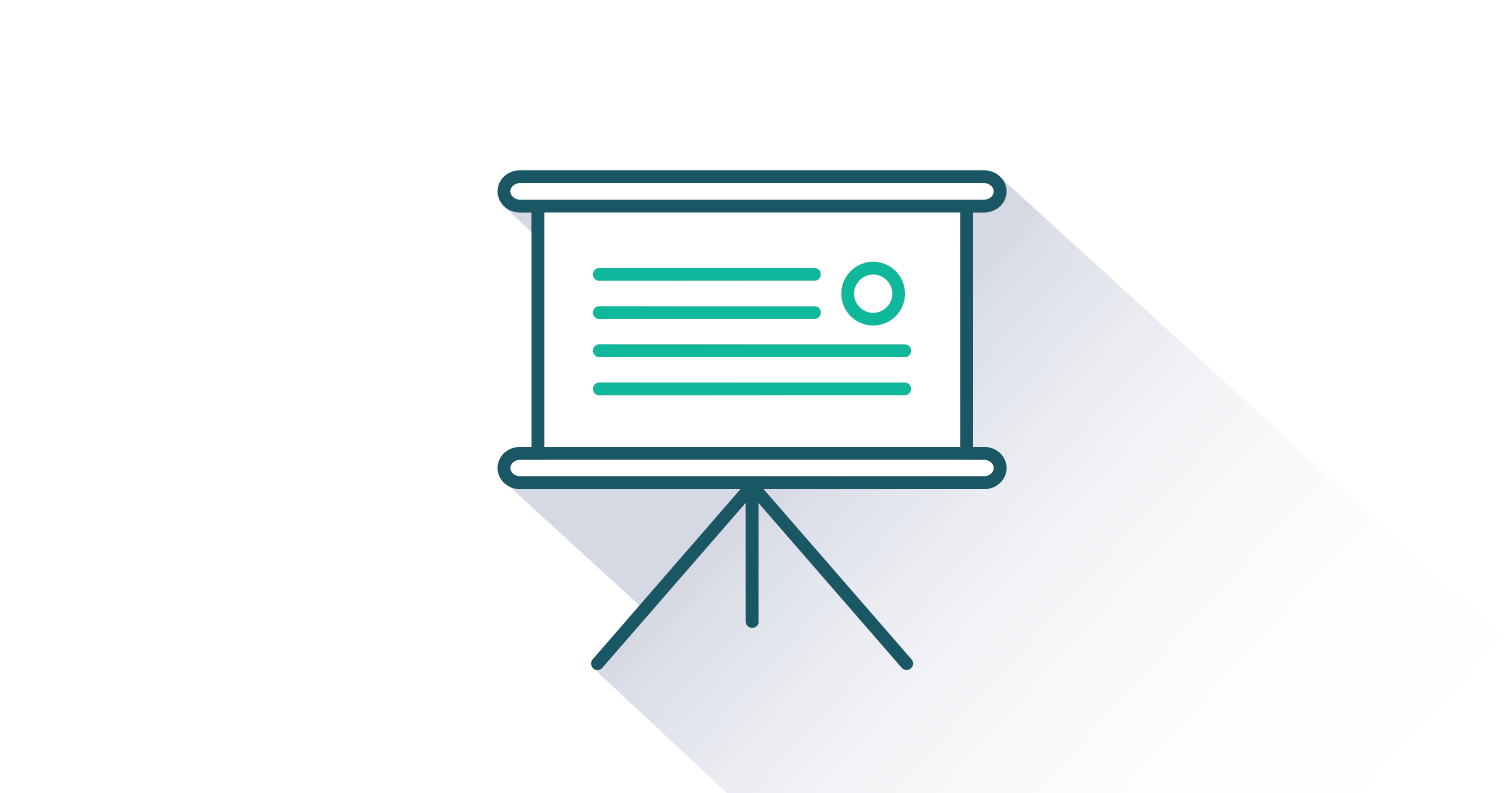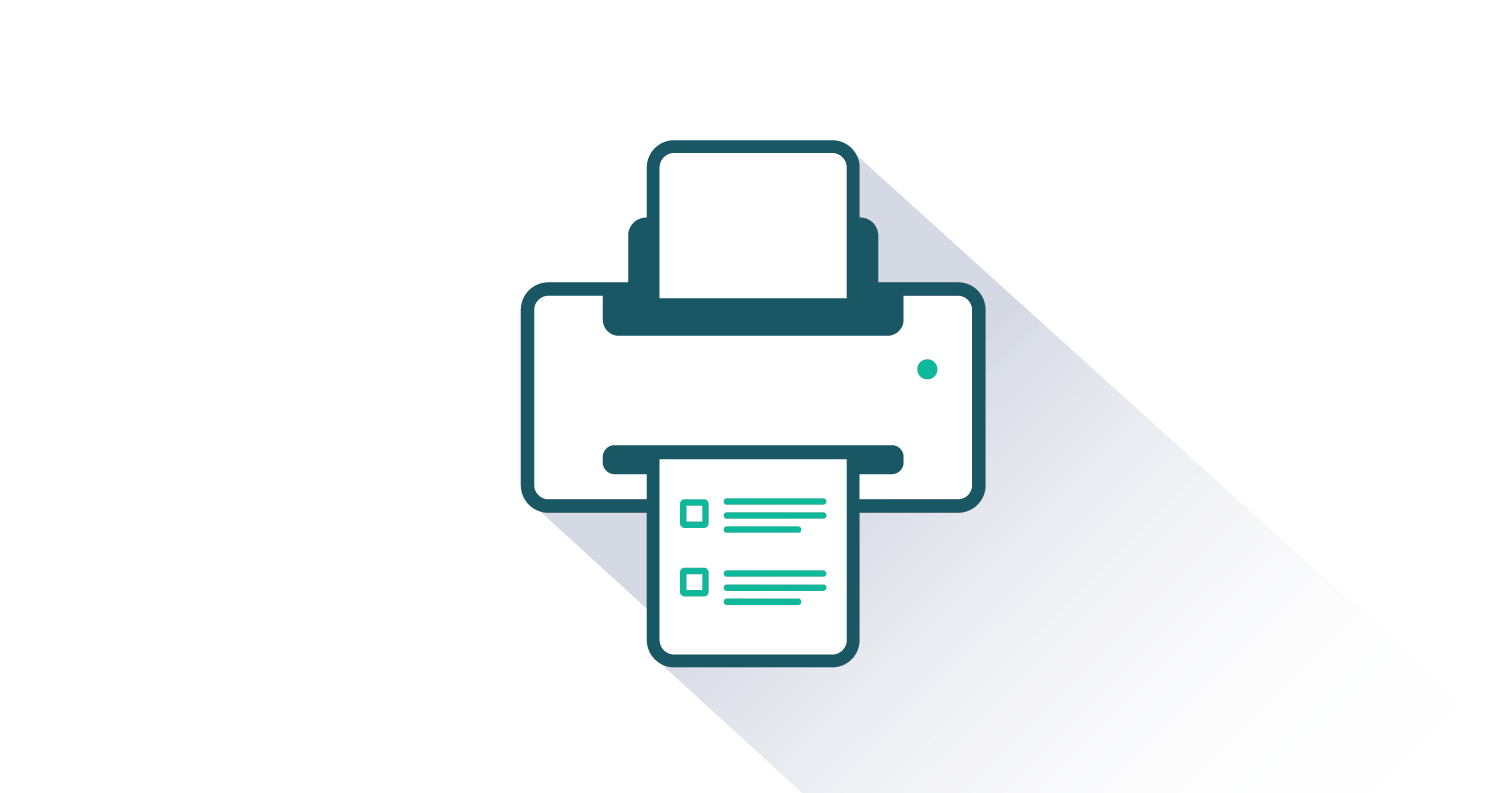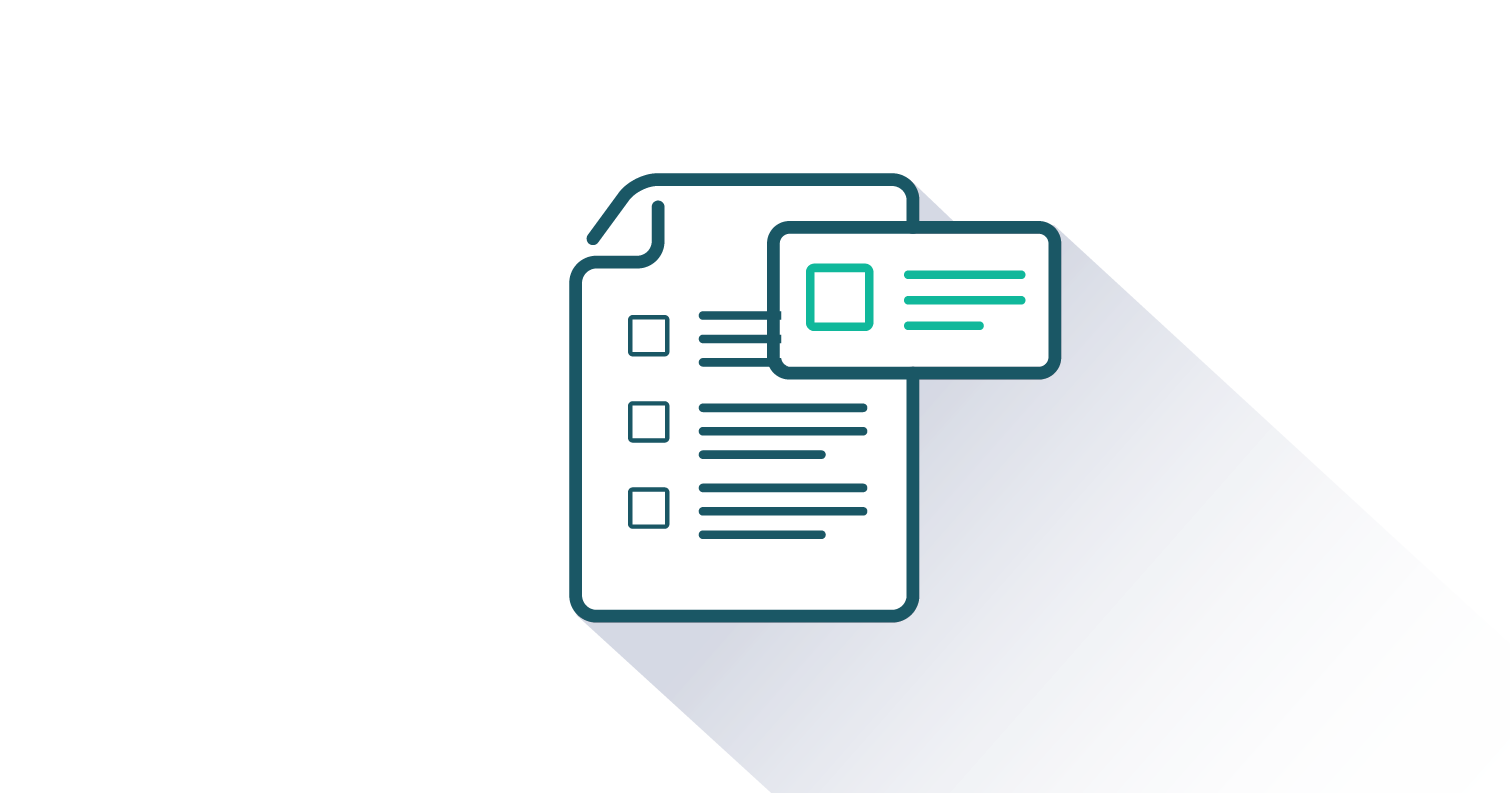- Published
- August 2011
- Page Count
- 450
- ISBN (Digital)
- 978-1-4533-2895-8
American Government and Politics in the Information Age
Version 1.0
By David L. Paletz, Diana Owen, and Timothy E. Cook
Included Supplements
Key Features
Teaching American Government? Personalize this college textbook online at Flat World. Change chapter titles, move content with ease, and delight in how much less your students pay. We publish peer-reviewed textbooks by expert authors. You make them even more perfect for your course.
American Government and Politics in the Information Age by Paletz, Owen, and Cook, is a comprehensive introduction to the vital subject of American government and politics.
It covers all the basics. The text:
- introduces the intricacies of the Constitution, the complexities of federalism, the meanings of civil liberties, and the conflicts over civil rights;
- explains how people are socialized to politics, acquire and express opinions, and participate in political life;
- describes interest groups, political parties, and elections—the intermediaries that link people to government and politics;
- details the branches of government and how they operate;
- shows how policies are made and affect people’s lives.
However, American Government and Politics in the Information Age goes beyond the basics of American politics and government to explain how and why, in this information age, government and politics are most commonly depicted in the media.
Appreciating and learning these subjects can be a challenge. Inspired by students’ familiarity with mass media and their fluent use of new communication technologies, such as YouTube, Facebook, Twitter, live streaming, and the Ipad, The authors have chosen an approach that connects our subject matter with these media and technologies.
Many students acquire political information from the dramatic and dynamic news cycle with its twenty-four-hours-a-day, seven-days-a-week coverage of events. More and more students obtain news online, including from the websites of mainstream news organizations such as the New York Times and CNN. But the web also provides them with information that repeats, amplifies, challenges, or even contradicts the news they get from the mainstream media.
Many students connect with government and politics through media entertainment. They watch The Daily Show with Jon Stewart, The Colbert Report, and the late-night television talk shows of Jay Leno, David Letterman, and Conan O’Brien. They tune in to television and radio commentators such as Glenn Beck, Bill O’Reilly, Rachel Maddow, and Rush Limbaugh. They watch television competitions, reality shows, dramas, and comedies, most of which have political aspects. They may have seen one or more of Michael Moore’s polemical documentaries (e.g., Fahrenheit 9/11), or a movie about social issues, such as Crash. They may have listened to music with political messages, for example Lee Greenwood’s Proud to be an American and Bruce Springsteen’s Born in the USA. They may read the satirical newspaper The Onion.
Although most political information still originates in the mainstream media—newspapers, magazines, television, radio, and movies—even these media are being transformed by new forms of communication. Information can now be transmitted much more quickly and subjected to far more individual control, initiative, and choice than ever before. Digital technologies support new media formats, such as weblogs, podcasts, and wikis, which blend interpersonal with mass communication, through e-mail and instant messaging.
Yet, students are often unfamiliar with the origins of the media’s contents, especially the importance of ownership, profits, and professionalism. They may not fully grasp the influence on the media of outside forces, such as interest groups, political parties and candidates, and policymakers, most of whom are media savvy and use the new technologies to try to maximize their positive and minimize their negative coverage.
Paletz, Owen, and Cook have, therefore, organized our text to connect students’ media-saturated daily lives to the world of politics and government. They want students to learn how the media interact with and depict the American political system; to recognize the similarities and differences between these media depictions and the real world of government and politics; and to understand the consequences these interactions and depictions can have for the public, politics, government, and public policies. They also want students to learn how the media, including new media, can help them intervene productively in politics and get things done.
Each chapter contains a comparison of the reality of American government and politics with the media’s most common depictions (acknowledging that there are differences between and among the media and in their political content). The authors show that the depictions range from accurate and revealing to inaccurate and misleading, and distinguish the telling accounts and insights from partial truths, false impressions, and distortions. The online version of our text includes links to the media we discuss for the student to experience and react to first hand.
The authors do not inflate the importance of the media. We recognize that much of politics and government occurs under the media’s radar screen and that the consequences of the media’s coverage vary widely. They avoid the temptation of “gee whiz” utopian celebrations of new technologies. Rather, the text offers discussions of both their possibilities, their limitations, and their dangers: they can and do lower the costs of political activity and organization but do not necessarily turn people into thoughtful, full-fledged activists.
Finally, the text was written with recognition of the fact that people variously accept, ignore, reject, or rework the media’s contents. Above all, in today’s information age, they are able to hash and rehash the meaning and impact of what is covered and not covered in the media. As an example of how the authors integrate media influences into American Government and Politics in the Information Age, chapter 1 is devoted to detailing the system of communication, the organization of media, and the transmission of information in the United States.
Then the authors integrate relevant mass media and new-media material throughout every chapter. Each chapter opens with an anecdote that ties media to the particular institution, process, or policy area under study. For example, Chapter 4 (Civil Liberties) starts by showing how the television “reality” show Cops depicts the police as working effectively to stop crime but downplays the civil liberties of individuals, including the rights of the accused.
Each chapter presents the most common media depictions of its subject. In some chapters, a few depictions dominate: most news coverage portrays the US Supreme Court and its decisions as above politics (except when the president has nominated a new member); and the entertainment media depict the judicial system unrealistically. In other chapters, depictions are split. For example, in Chapter 4, students see that journalists’ diligent defense of the civil liberties that are central to their job does not carry through to their stories about crime or war.
One of Paletz, Owen, and Cook’s goals in writing American Government and Politics in the Information Age is to encourage students to participate in civic life. In appropriate chapters, they add a “Civic Education” box showing how young people have become involved in politics, government, and the making of public policies, as well as how the media, old and new, can help and hinder civic work.
The ultimate goal of this text is to help you teach your students so they will come to understand, appreciate, question, and criticize the realities of American politics and government and the media depictions of these realities, and possibly come to use the media to intervene effectively in the American political system on their own terms. Request a desk copy or read the book online to see if this fresh approach to American Government is one that would fit with your course goals.
- About the Authors
- Acknowledgments
- Dedication
- Preface
-
Chapter 1: Communication in the Information Age
-
Chapter 2: The Constitution and the Structure of Government Power
-
Chapter 3: Federalism
-
Chapter 4: Civil Liberties
-
Chapter 5: Civil Rights
-
Chapter 6: Political Culture and Socialization
-
Chapter 7: Public Opinion
-
Chapter 8: Participation, Voting, and Social Movements
-
Chapter 9: Interest Groups
-
Chapter 10: Political Parties
-
Chapter 11: Campaigns and Elections
-
Chapter 12: Congress
-
Chapter 13: The Presidency
-
Chapter 14: The Bureaucracy
-
Chapter 15: The Courts
-
Chapter 16: Policymaking and Domestic Policies
-
Chapter 17: Foreign and National Security Policies

Instructor’s Manual
The Instructor’s Manual guides you through the main concepts of each chapter and important elements such as learning objectives, key terms, and key takeaways. Can include answers to chapter exercises, group activity suggestions, and discussion questions.

PowerPoint Lecture Notes
A PowerPoint presentation highlighting key learning objectives and the main concepts for each chapter are available for you to use in your classroom. You can either cut and paste sections or use the presentation as a whole.

Test Generator
Prefer printable tests? Download our test generator and start creating printable tests today! We offer a test generator for both PC and Mac users.

Test Bank Files for Import to Learning Management Systems
For your convenience, we've packaged our test items for easy import into Learning Management Systems like Blackboard, Brightspace/D2L, Canvas, Moodle, or Respondus.

Test Item File
Need assistance in supplementing your quizzes and tests? Our test-item files (in Word format) contain many multiple-choice, fill-in-the-blank, and short-answer questions.
At FlatWorld, we take pride in providing a range of high-quality supplements alongside our titles, to help instructors teach effectively. Supplements are available for instructors who have registered their adoption with us. If you need to review or preview something specific, please contact us.
Already registered? Sign in here.
